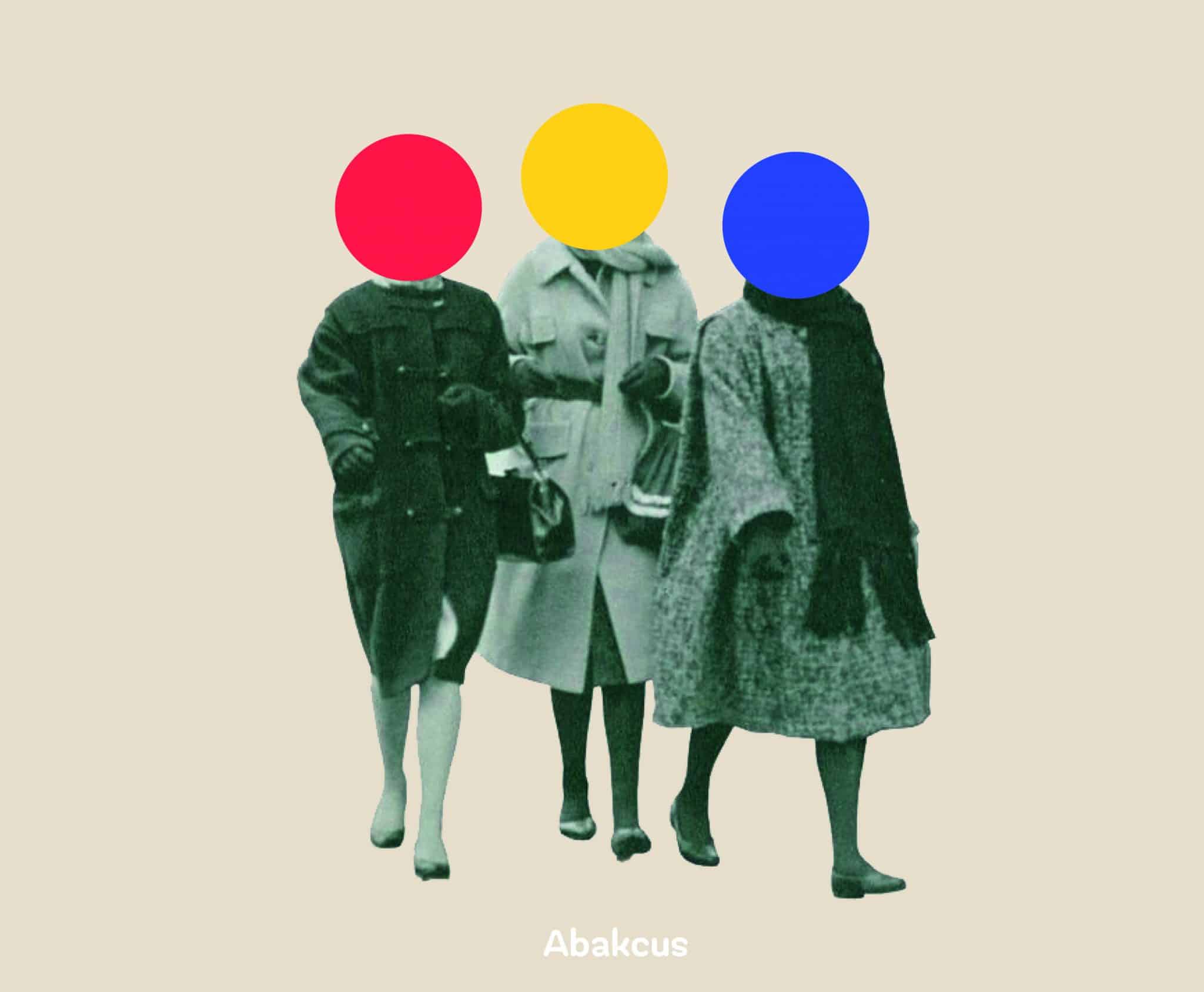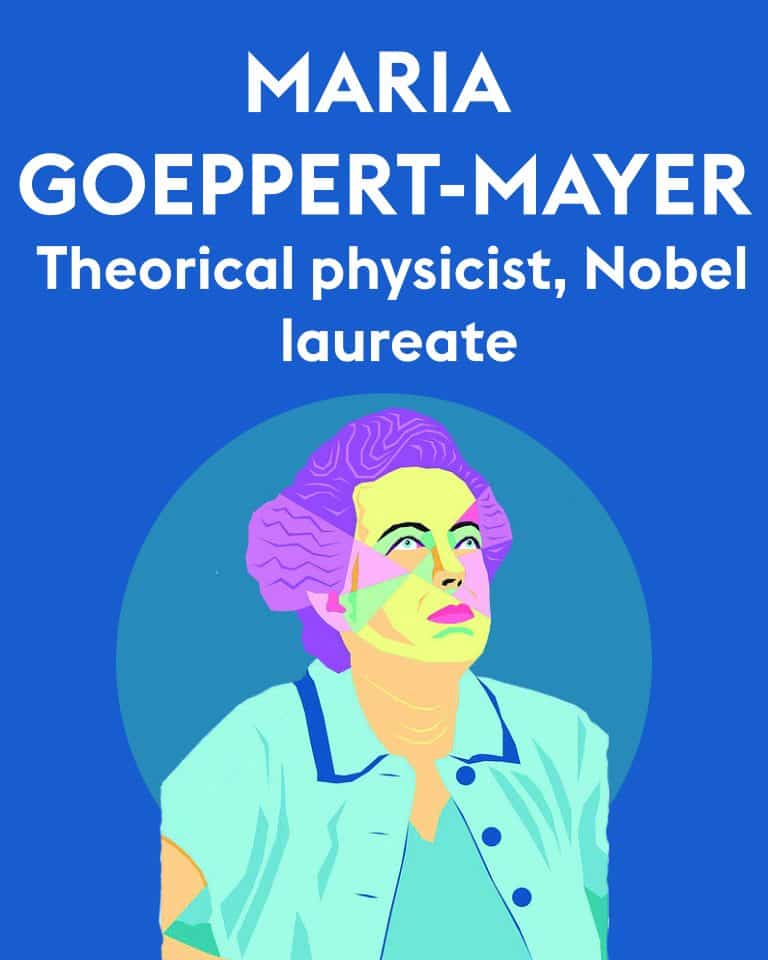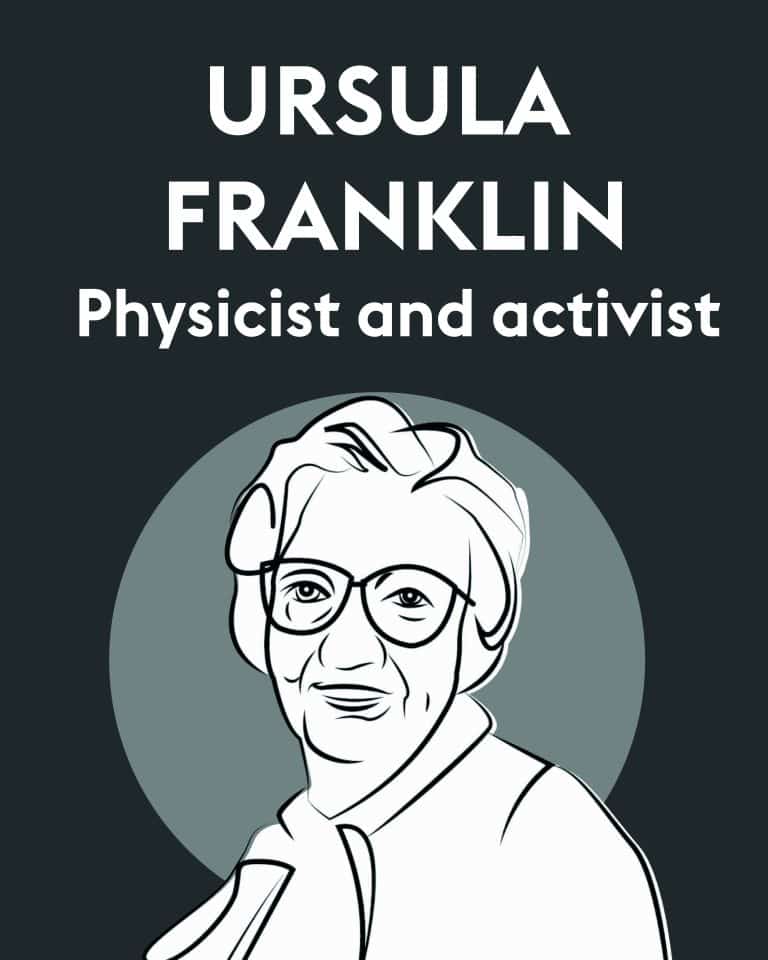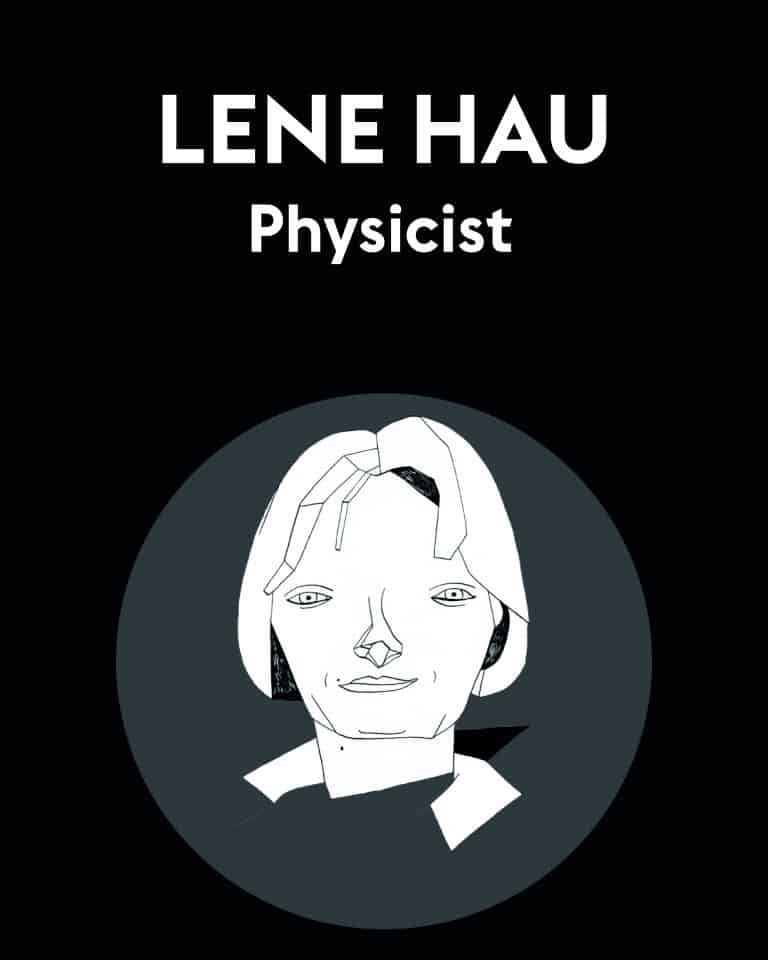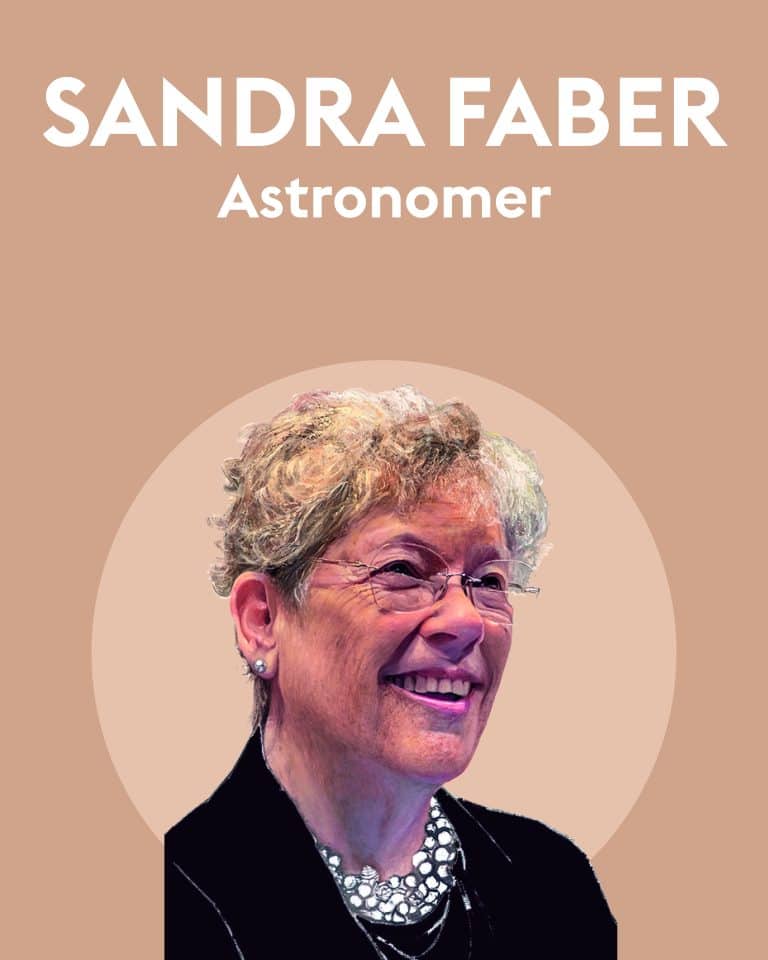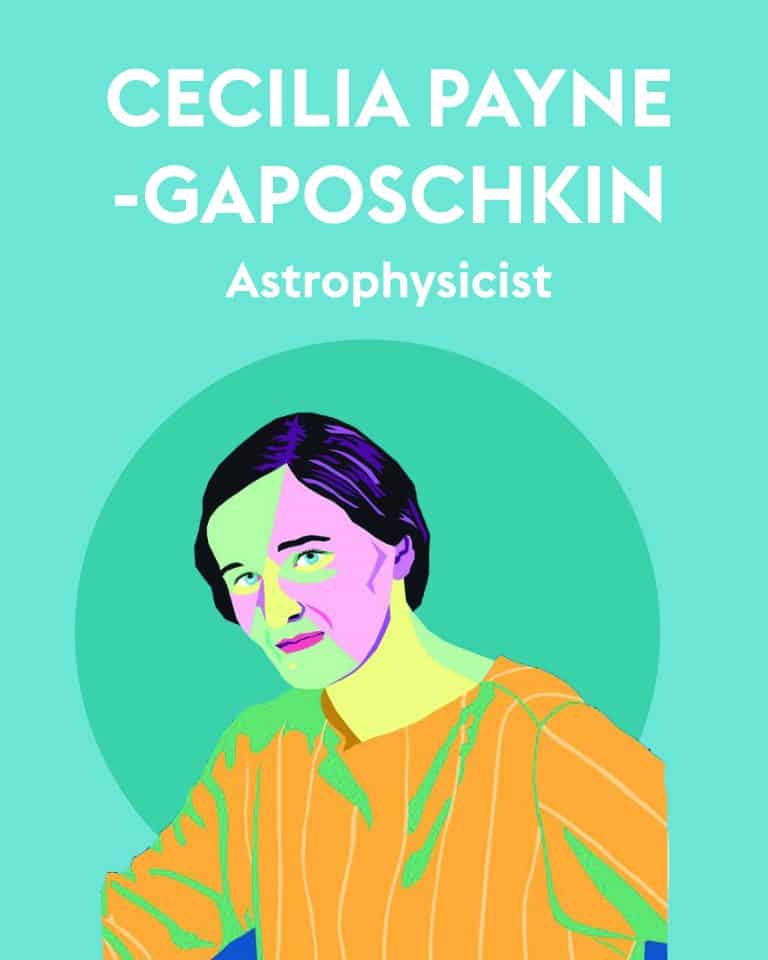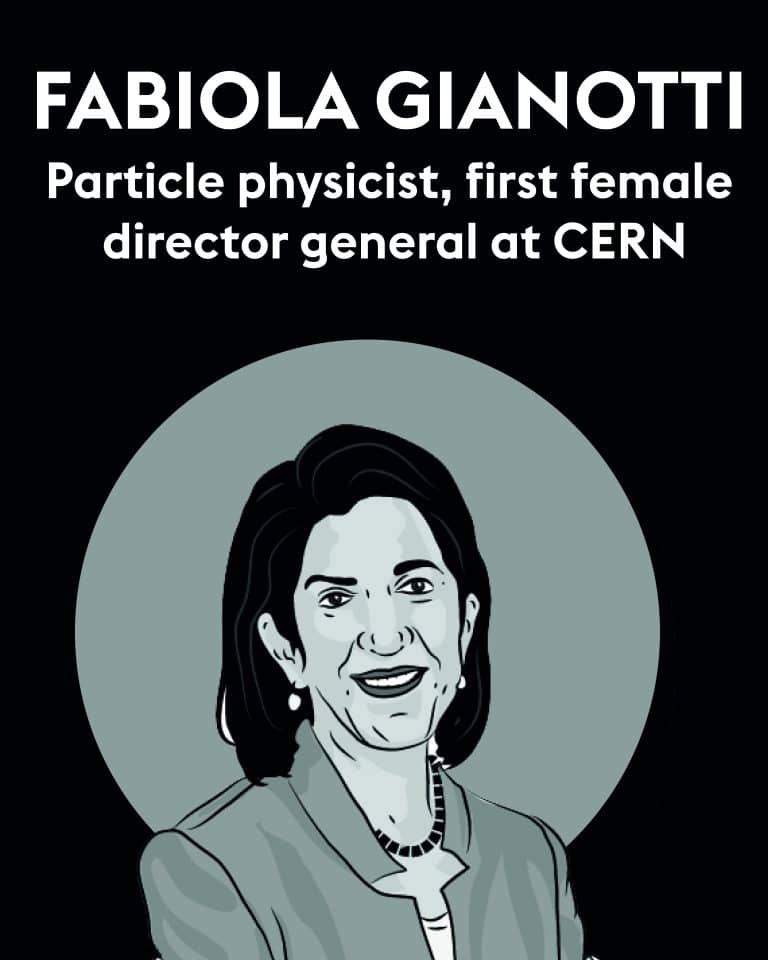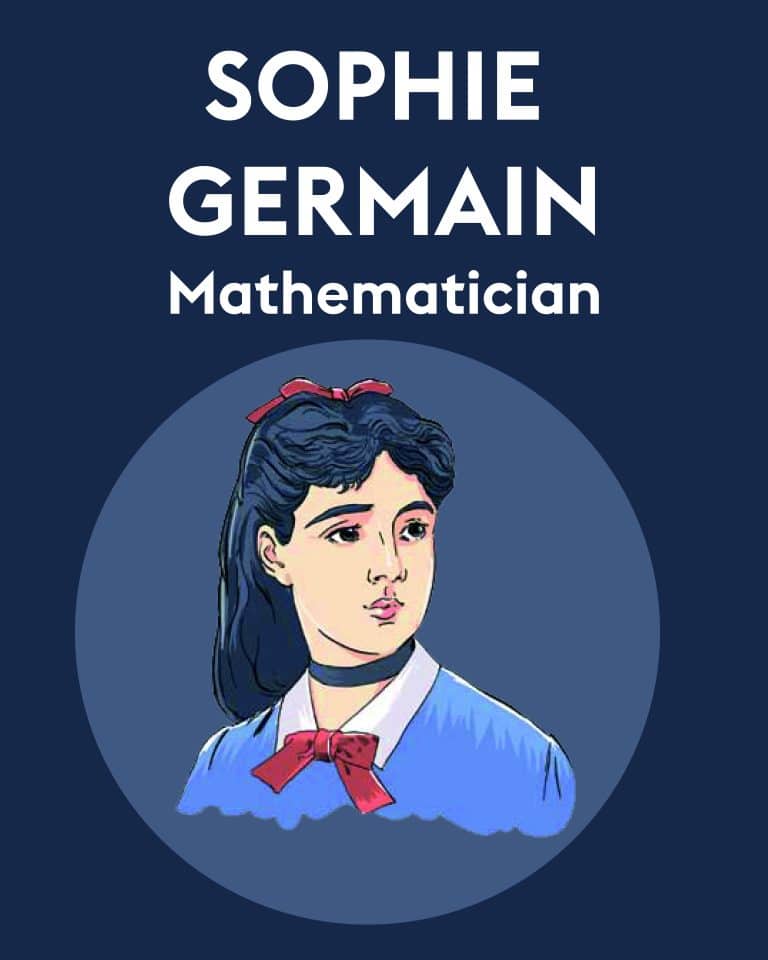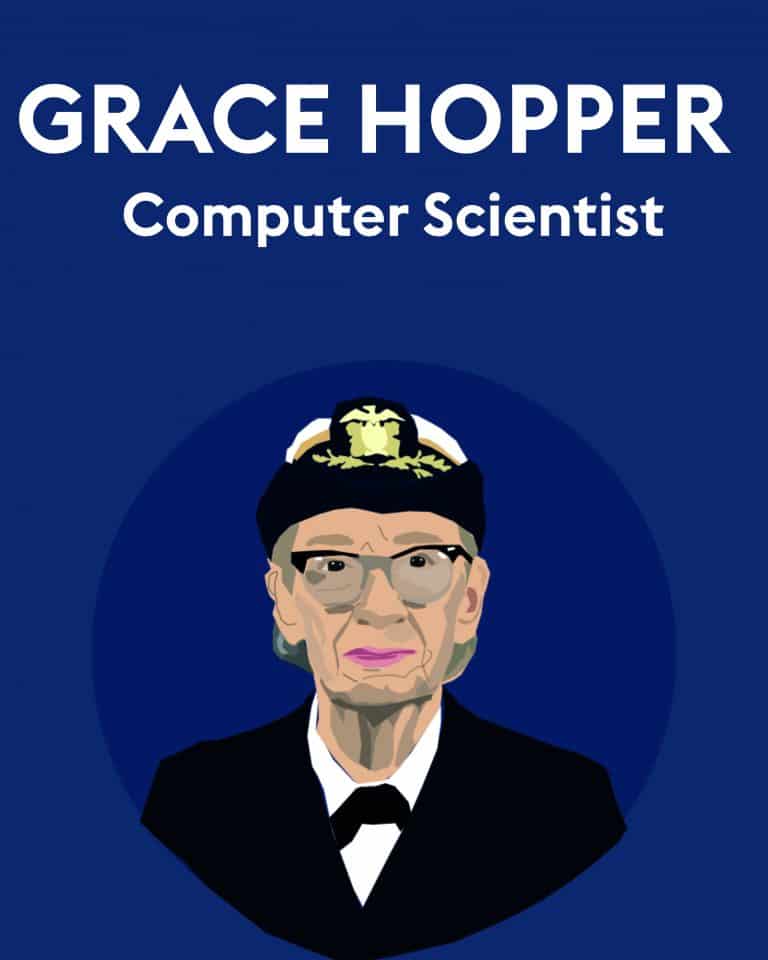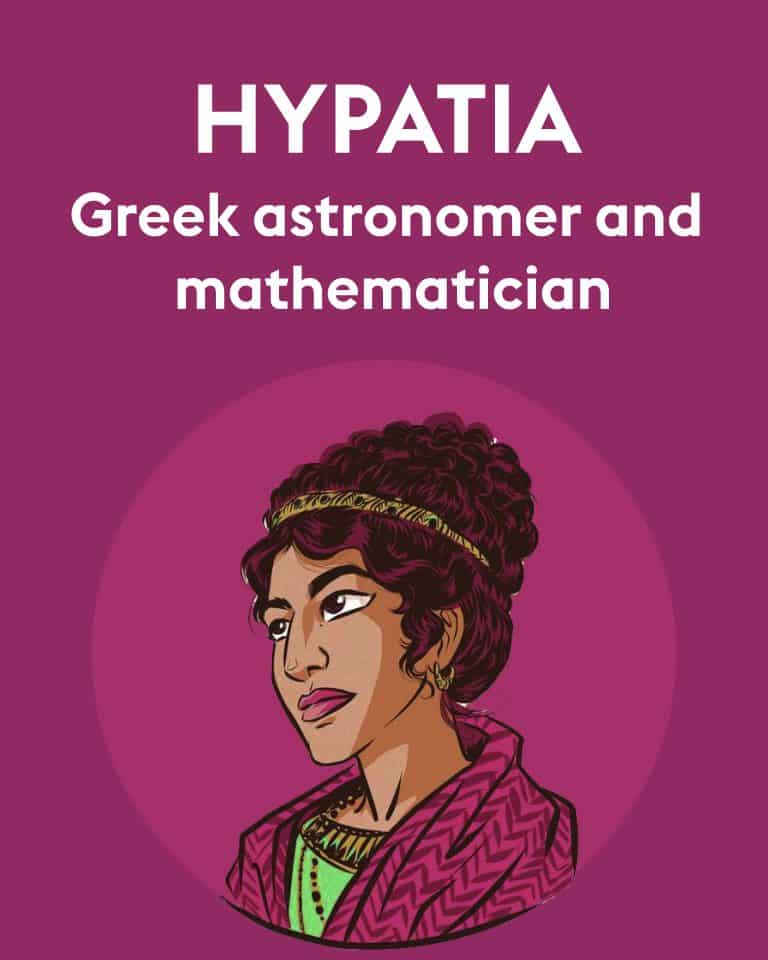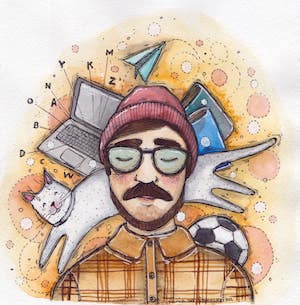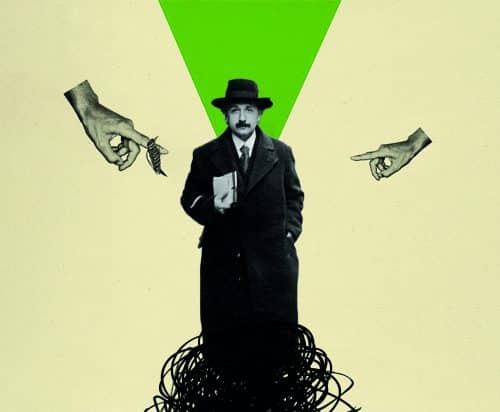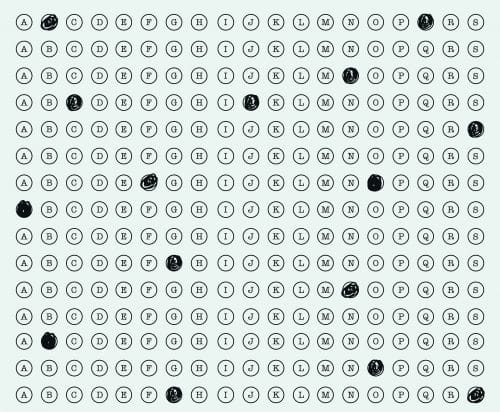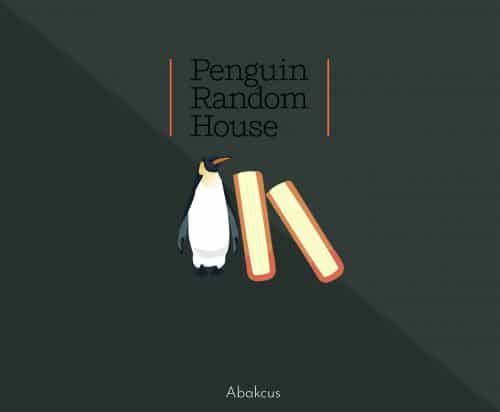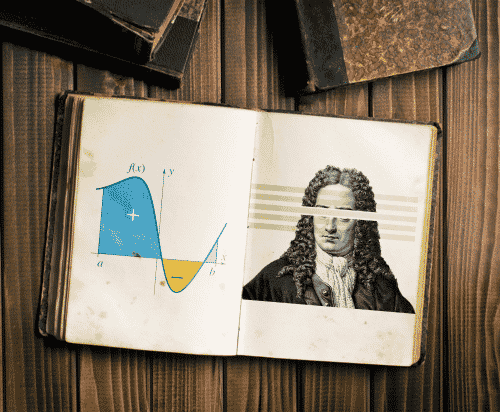Many talented and smart women have limited opportunities to use their intelligence and talents, and their gender becomes an obstacle when they want to show their potential. Thankfully, we had so many great female scientists and mathematicians that bigoted hearts and minds couldn’t stop them from making important discoveries.
You might not know their names or faces, but those pioneering women in science and math changed how we live and think about the world. They have made major contributions to the sciences for centuries, and you’ll see evidence of their work everywhere, from our clothing to hospital X-rays.
Who are the greatest women in science and math ever lived?
Of course, it would be impossible to list them all. Still, these the most influential 30 women in science and math deserve recognition for their enduring contributions to the fields of math, science, technology, and engineering.
You should also check our “15+ Remarkable Women in STEM Who Changed the World” directory.
By the way, Rachel Ignotofsky has a great book called “Women in Science: 50 Fearless Pioneers Who Changed the World.”

